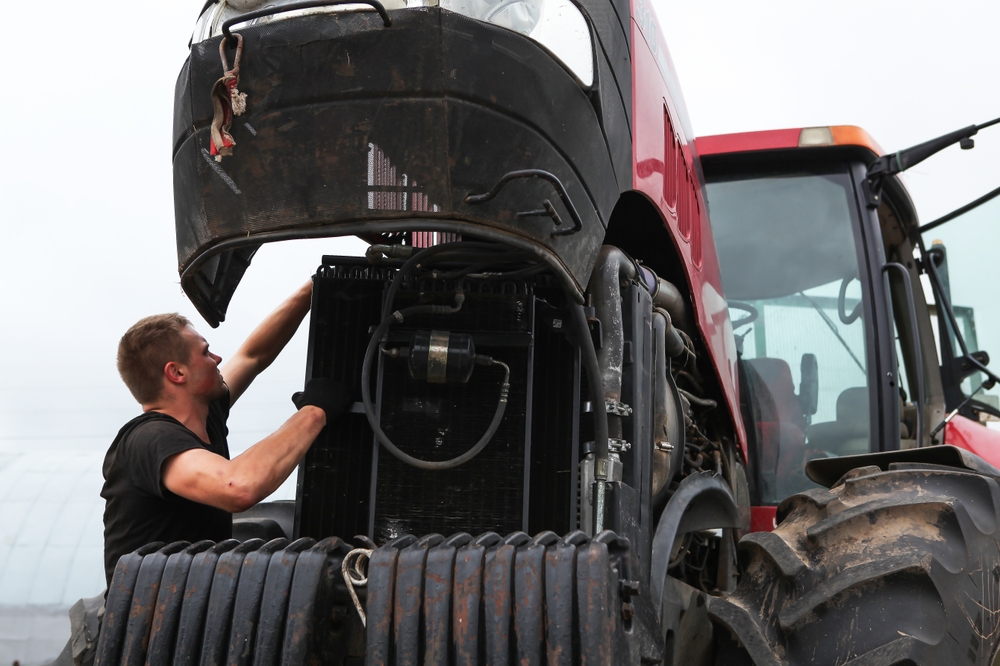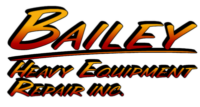Keeping Your Tractor Running: Troubleshooting Engine Issues

Maintaining a tractor in peak condition is essential for efficient farming operations. A reliable tractor saves time, minimizes downtime, and ensures productivity. However, even the most robust machines face occasional engine problems. For those who rely on their tractors, understanding how to troubleshoot engine issues is a skill worth developing. In this blog, we’ll walk through diagnosing tractor engine problems for beginners, covering everything from recognizing warning signs to tackling common issues effectively.
Recognizing the Signs of Tractor Engine Problems
The first step in addressing tractor engine problems is identifying the symptoms. Your tractor may communicate its distress through unusual noises, changes in performance, or visible cues like smoke or leaks. For instance, if you notice your tractor struggling to start, emitting excessive smoke, or losing power mid-operation, it’s time to investigate further. Understanding these signals can save time and prevent more severe issues from developing.
Pay close attention to starting problems. If your tractor takes longer to crank or fails to start altogether, it could indicate an issue with the battery, starter motor, or fuel delivery system. Persistent smoke, whether black, white, or blue, points to specific problems such as unburnt fuel, coolant leaks, or oil burning. A sudden drop in power while using the tractor could suggest clogged filters, fuel system issues, or overheating. Early detection is key to minimizing repair costs and keeping your tractor running smoothly.
Diagnosing Common Engine Issues
Once you’ve identified symptoms, the next step is to pinpoint the root cause. Diagnosing tractor engine problems for beginners might seem intimidating, but breaking the process into manageable steps simplifies the task. Start with the basics, like checking fuel levels and ensuring the battery is charged. Sometimes, seemingly significant issues stem from simple oversights, such as running out of fuel or a disconnected wire.
If the engine fails to start, inspect the electrical system. A dead battery, loose connections, or faulty ignition switch could be responsible. Testing these components with a multimeter helps determine whether they’re functioning correctly. Similarly, if the engine struggles to turn over, examine the starter motor and solenoid for wear or damage.
Fuel system problems often manifest as poor performance or power loss. Begin by inspecting the fuel tank and lines for blockages, leaks, or contamination. Clogged fuel filters are another common culprit and should be replaced as part of routine maintenance. Remember, clean and consistent fuel delivery is critical for optimal engine performance.
Understanding Overheating and Its Solutions
Overheating is a frequent issue that can severely impact your tractor’s engine. If the temperature gauge climbs into the red zone or you notice steam emanating from the engine compartment, act quickly to prevent damage. The causes of overheating range from low coolant levels and radiator blockages to malfunctioning thermostats and water pumps.
To address overheating, start by checking the coolant reservoir. Low coolant levels can result from leaks or inadequate maintenance. Examine hoses, clamps, and the radiator for signs of leaks or wear. Cleaning the radiator fins with compressed air or water removes dirt and debris that restrict airflow. If the thermostat is stuck closed or the water pump has failed, these components will need replacement to restore proper cooling function.
Regular maintenance plays a significant role in preventing overheating. Ensuring the cooling system is in good condition and operating efficiently will protect your engine from thermal stress and costly repairs. Implementing a maintenance schedule that includes checking coolant levels, cleaning the radiator, and replacing worn components ensures long-term reliability.
Troubleshooting Unusual Noises and Vibrations
Unusual sounds or vibrations from your tractor’s engine are often early warning signs of underlying issues. Rattling, knocking, or grinding noises indicate problems that require immediate attention. Ignoring these sounds can lead to severe engine damage and costly repairs.
Knocking noises often point to issues with the combustion process. Low-quality fuel, incorrect timing, or worn engine components such as pistons or bearings could be to blame. On the other hand, grinding noises might indicate problems with the transmission, starter motor, or accessory drives. Investigating the source of these sounds is crucial for diagnosing the problem accurately.
Vibrations are another area of concern. If you feel unusual shaking or jolting while operating your tractor, inspect the engine mounts, drivetrain, and wheels. Misaligned or worn components can cause vibrations that compromise performance and operator comfort. Addressing these issues promptly reduces the risk of further damage and ensures smooth operation.
Maintaining Your Tractor for Long-Term Reliability
Preventive maintenance is the cornerstone of keeping your tractor’s engine running smoothly. By establishing a regular maintenance routine, you can significantly reduce the likelihood of engine problems and extend the life of your equipment. Start by consulting your tractor’s owner manual for recommended service intervals and procedures.
Routine tasks such as changing oil and filters, inspecting belts and hoses, and cleaning air filters contribute to optimal engine performance. Use high-quality lubricants and fuels to minimize wear and prevent contamination. Periodically checking fluid levels, including engine oil, coolant, and hydraulic fluids, ensures your tractor operates within safe parameters.
Monitoring your tractor’s performance during operation provides valuable insights into its condition. Keep an eye on gauges and indicators for abnormal readings, and address issues promptly to avoid escalation. Additionally, storing your tractor in a clean, dry environment protects it from environmental damage and helps maintain its reliability.
Conclusion
By combining proactive maintenance with a keen understanding of common engine issues, you can troubleshoot tractor engine problems effectively and keep your equipment running smoothly for years to come. Taking the time to learn these skills not only saves money but also empowers you to handle challenges confidently, ensuring your tractor remains a dependable partner in your farming endeavors.
